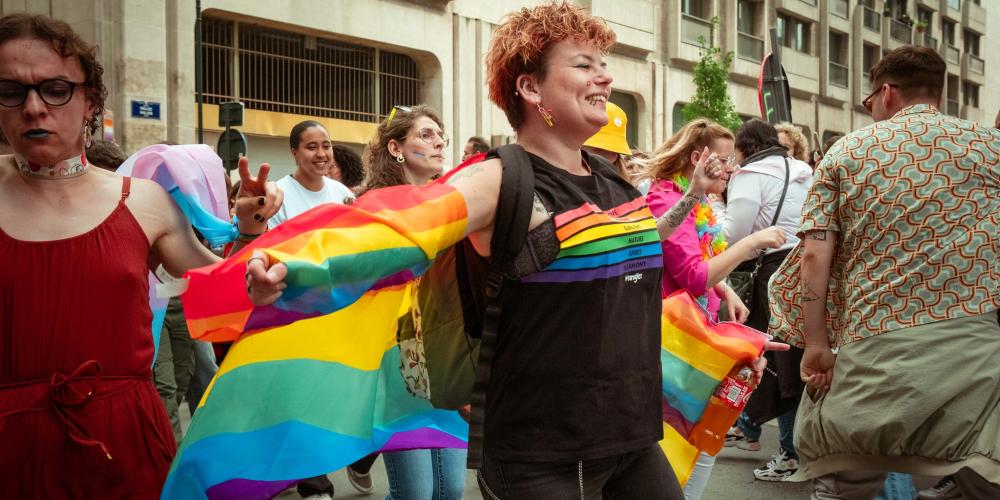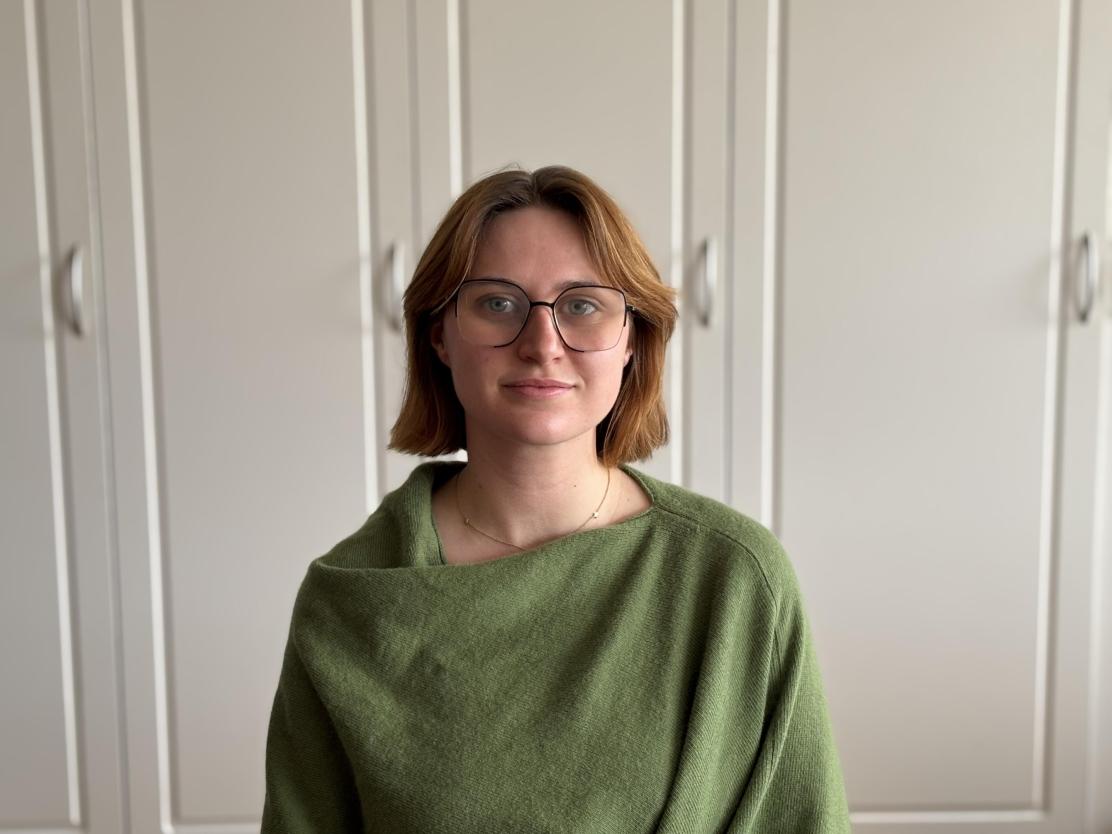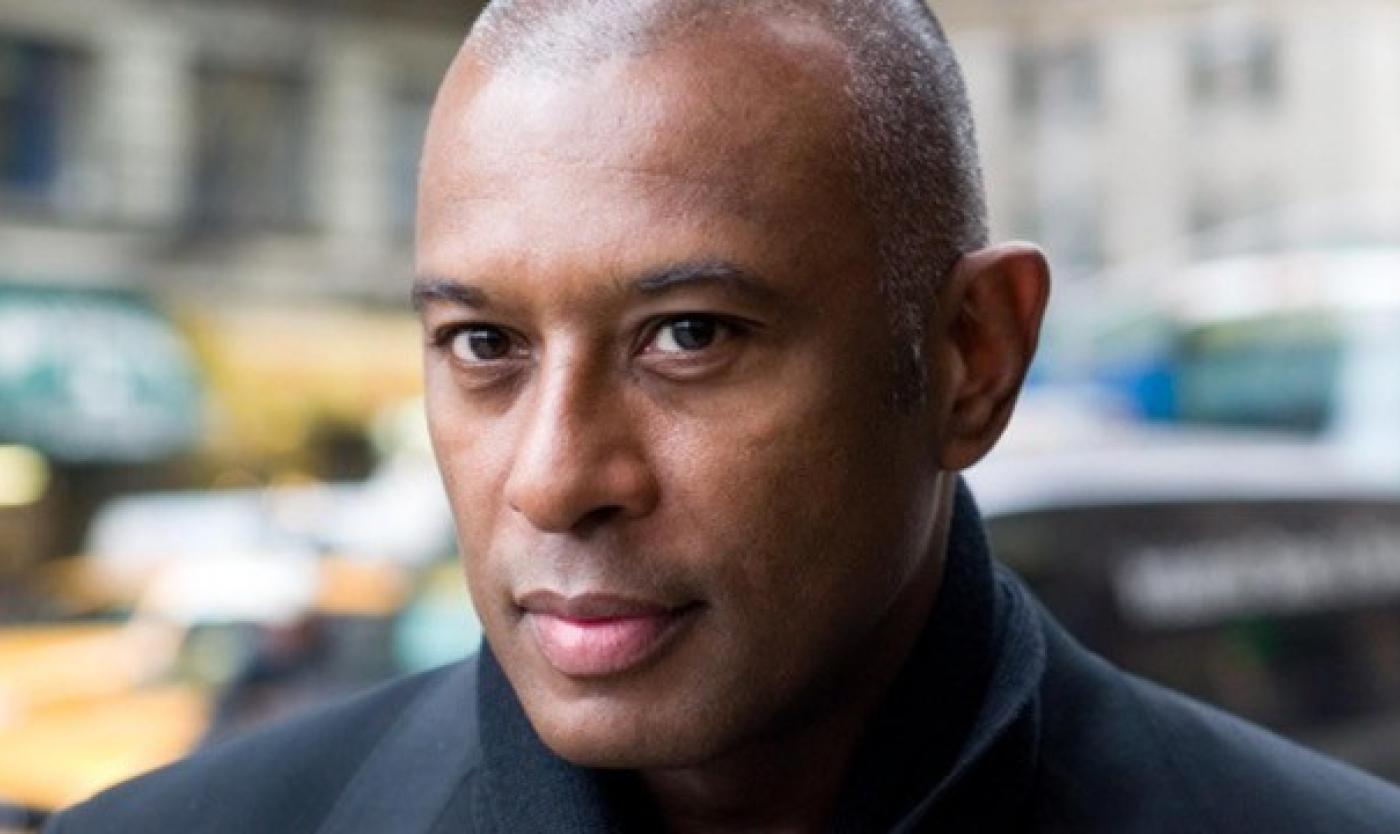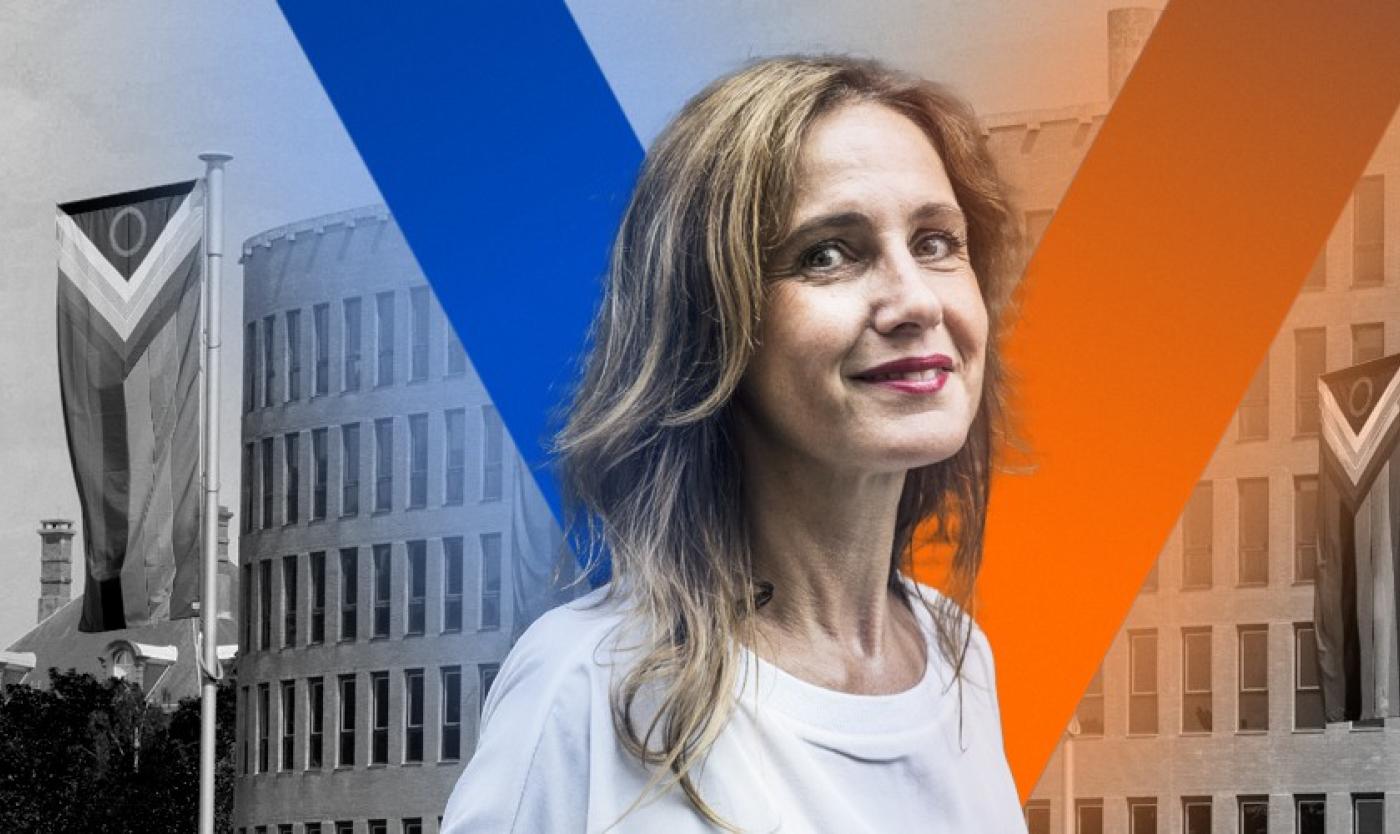
VUB researcher Fien Pauwels works for the Youth Research Platform (JOP). In a recent facts & figures report, she compares results from 2018 and 2023 on homophobia among 14- to 18-year-olds. The findings are clear: homophobia is on the rise – and it's happening across all youth groups. "We see homophobic and misogynistic remarks being made more freely, and young people are especially vulnerable to that influence," she says.
Join VUB at the Brussels Pride on 17 May
What exactly does your role at the Youth Research Platform involve?
Fien Pauwels: "As a researcher at JOP, we’re commissioned by the government to take stock of the situation of young people every five years. We do this through two large-scale surveys and a publication where we present the state of youth today. Based on that data, we dive deeper into specific topics. We ask young people in Flanders about a wide range of issues. With the JOP, we also produce factsheets to explore certain results in more detail. In 2018, we studied the data on homophobia. I have a background in Gender & Diversity Studies, so I found it fascinating to compare the 2018 results with those from 2023. This isn’t massive-scale research, but it does show very clearly what the figures are – and what they tell us."
"Young people look up to certain figures, and if those figures say it's not OK for men to kiss each other, they tend to believe it more easily"

Fien Pauwels
What are the most striking results?
"The key finding is that homophobia has increased overall. We saw a rise in every single item we surveyed. The increase between 2018 and 2023 is significant. We also looked at different social groups and found the rise is visible in all of them – including girls and non-religious young people. However, there are two groups where the increase is even sharper: boys and students in vocational education streams."
What do you think is behind this general rise?
"We’re seeing a gradual normalisation of illiberal ideas. Homophobic and misogynistic comments are made more often and more openly – both in (social) media and everyday life. Saying you're against homosexuality has become less taboo. That sort of talk clearly influences young people, and they are particularly impressionable. They look up to certain public figures, and if someone they admire says it's wrong for two men to kiss, they are quicker to adopt that belief. My research focuses specifically on young people, so I can't say for sure if the same trend is happening across wider society – but I wouldn’t be surprised."
Is this mainly due to online discourse and social media influence?
"It's not just about smartphone use. Although many young people do spend a lot of time online. Take Andrew Tate, for example – his popularity may be fading now, but a lot of young people have been drawn to 'edgy' content like his. And that flows through to real-world conversations, like those happening in school. Online and offline are constantly feeding into each other."
"The figures call for debate – not panic"
It's worrying, especially at a time when LGBTQ+ rights are being rolled back in some countries. Can society make a difference?
"I really believe we can. Society once shifted towards greater tolerance, particularly between 2010 and 2020, when there was a strong push for more inclusivity. But society also swings back and forth – between left and right, between more conservative and more liberal attitudes. It's a bit like a set of scales that keeps tipping from one side to the other. While some numbers are definitely alarming – like 20% of young people saying they find violence against LGBTQ+ people acceptable – the overall level of homophobia is still relatively low. A score of 3.2 on a scale of 10 isn’t catastrophic. So yes, it absolutely calls for debate – but it’s not cause for blind panic."
Can education play a role in that debate?
"We need to make it a topic of conversation in schools – not necessarily by formal teaching, but by creating space for dialogue. Secondary school can be a forum for encounters: meeting people who identify as LGBTQ+ can have a positive impact. Of course, adolescence is a messy time for identity formation. Many people start thinking more freely when they move into higher education. Still, there is definitely work to be done at a societal level, and schools can be a key part of that."
"Universities must apply pressure to ensure research into discrimination and homophobia continues"
What role do you see for universities like ours?
"Good reporting centres where people can safely share experiences of discrimination are crucial.
Representation matters too – having openly queer professors, for example. Universities should actively push for research into discrimination and homophobia, and be honest about the results. This isn’t a ‘feel good’ study – but it’s essential. It's the start of a conversation. Here are the facts, here’s the trend. Now it’s up to society to take those numbers seriously and act on them."
Any final message you’d like to share as a researcher?
"Keep researching. Never assume progress is inevitable. Be ready for setbacks, because things don’t always move forward by themselves. Just because we’re on the right track doesn't mean we can sit back. The fight against homophobia is a marathon, not a sprint. It needs constant energy and attention. We must keep talking about it and never fool ourselves into thinking it will just fade away on its own."*
*This is a machine translation. We apologise for any inaccuracies.

